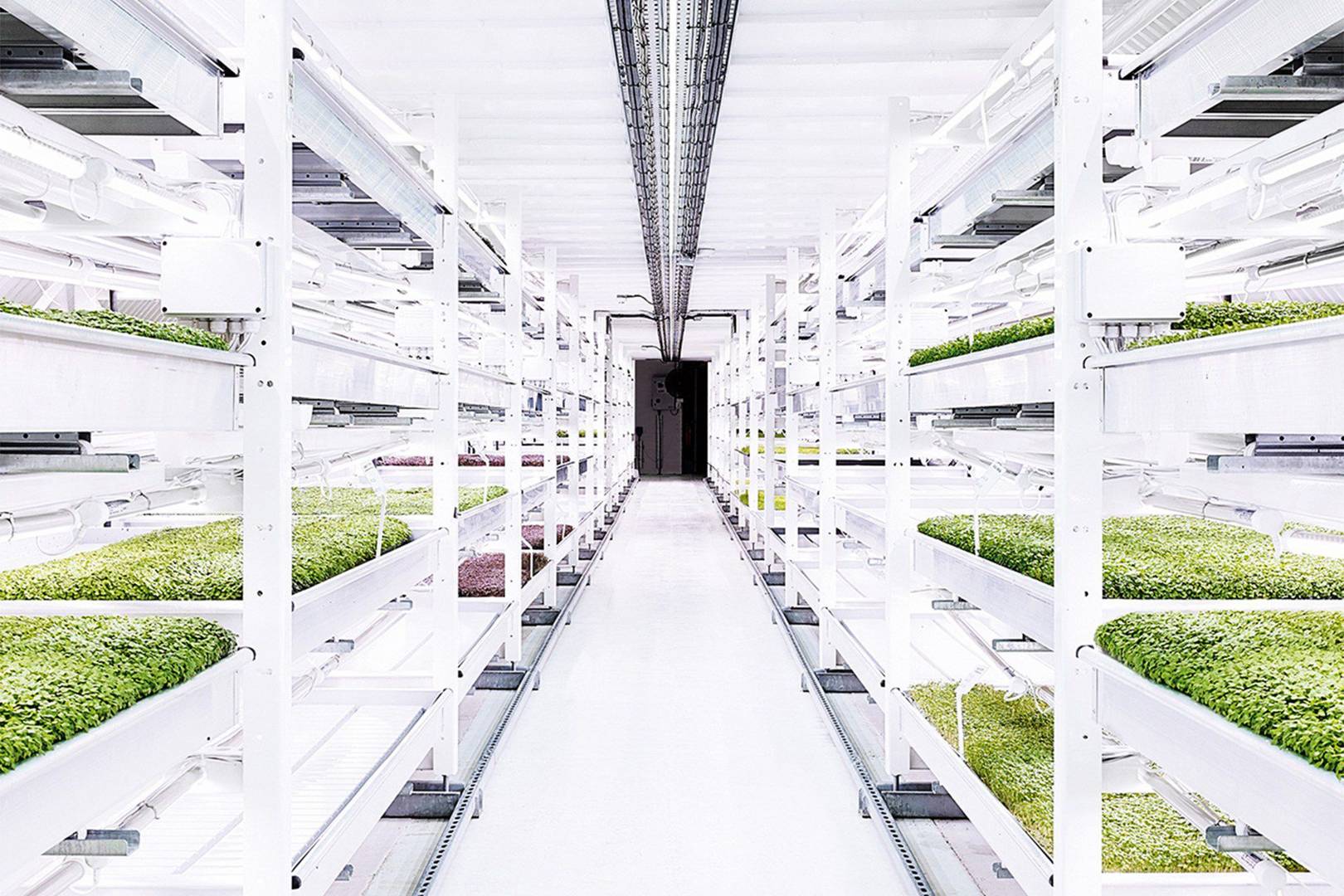Please check the information entered!
- Please check the information entered
A log-in email has been sent to your email address
Forgot password? Reset password

Image Credit: Christoffer Rudquist via Wired
Hydroponic farming – which basically skips the soil and sees plants grown in nutrient-rich water -- is challenging traditional methods. To ensure the ongoing operational success of such farms, Cambridge engineers have developed a Digital Twin that provides bespoke feedback to farmers.
Now if you’re thinking, what’s a Digital Twin? It’s basically a virtual replica of something physical, which enables us (with the help of data scientists) to predict how a product or process will perform.
In this example, the researchers show how a Digital Twin can faithfully represent a unique hydroponic farm in London, Growing Underground*. Through real-time data analytics and modelling, the Digital Twin enables the farmers at Growing Underground to make much more informed decisions.
One of the real advantages of utilising a Digital Twin, the researchers say, is that they are particularly well suited to bespoke environments (like in the case of Growing Underground). The virtual representation they provide allows farmers to move away from a ‘one size fits all’ approach and instead focus on changing operational conditions.
Growing Underground is actually situated in repurposed World War II air-raid shelters that are 33 metres below the streets of Clapham in London. Produce is grown year-round in a pesticide-free environment controlled by LED lights, ventilation, dehumidifiers and irrigation tanks.
While the farm grows 12 times more crops per unit area than traditional greenhouse farming in the UK, it also consumes four times more energy per unit area. That’s why a huge amount of emphasis is being placed on minimising energy use while subsequently maximising crop growth through optimal growing conditions. That’s where the Digital Twin comes into its own.
Melanie Jans-Singh, lead author and research associate at the University of Cambridge, said: “In essence, our Digital Twin becomes the urban-integrated farm operator’s 24/7 smart ‘companion’, a living digital reference, providing bespoke feedback on the effectiveness of the measures taken in real-time. This is in addition to longer-term forecasting and informed decision-making, with control processes that are robust to human error. It is suited to mid to large scale processes, often seen in civil engineering, where sensor maintenance will also be an issue.”
The Cambridge researchers’ findings are published in the Cambridge University Press journal Data-Centric Engineering**.
You can find out more about Growing Underground below*.
* http://growing-underground.com/
** https://www.cambridge.org/core/journals/data-centric-engineering/article/digital-twin-of-an-urbanintegrated-hydroponic-farm/74D49985183A21CE8C510E0E61405A7D